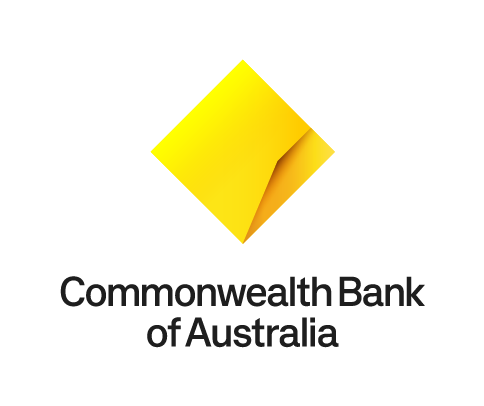Has your bank recently asked for your “tax identification number (TIN)” in the U.S.? Are they asking tax questions, account questions, or other residency questions and possibly asking you to fill in a W8, W8-BEN, or W9 Form? While it sounds confronting, don't worry, it's completely normal!
Throughout the year we see spikes in banks from all over the world asking questions of expats and prompting them to fill in forms and pass back information seemingly out of the blue. The first fear you get is that you've done something wrong because the IRS logo is likely emblazened along the top of the form, but really what the bank is asking you to do is fill in a few blanks for them to make sure they stay compliant.
Why are banks asking for foreign tax identification numbers?
In short, the U.S., and other countries, are cracking down on illegal banking practices, fraud, tax avoidance, and criminal activity that is being routed through their banking system. This is why in the U.S. you will have to declare all of your foreign assets and investments when you file your tax (“Report of Foreign Bank and Financial Accounts – FBAR”) because they want to make sure that you're not hiding something from them!
Your bank from your home country is asking as part of a number of international bank agreements (basically reciprocal FBAR to make sure you're not smuggling cash and using those foreign banks to hide things).
Therefore, in short (using one Australian bank as an example):
New laws require you to tell us about your tax residency on account opening and to let us know if this changes; CommBank will need to report certain account information to the Australian Taxation Office (ATO).
And in a slightly longer format:
The Australian Government has committed to a new global standard on the automatic exchange of financial account information…
This requires financial institutions from around the world, including the Commonwealth Bank group, to collect tax residency information from their customers. This is known as the Common Reporting Standard (CRS) and it follows on from the Foreign Account Tax Compliance Act (FATCA).
This applies to both customers who are opening new accounts in their home countries:
CRS requires us to capture tax residency information for customers before they open an account.
As well as those who have existing accounts, but the bank (or tax office) believes that their residency has changed.
We also need to review existing accounts and monitor changes to customer information for indicators that the customer might be a tax resident in another country. If we think we need further information from you, we will contact you asking you to complete our Tax Residency Self-Certification Form.
Which form do I need to fill in and return to the bank? W8, W8BEN, or W9?
The IRS doesn't make things easy in this space because their forms contain so many details that it can be overwhelming.
So here's what you need to know:
- If you ARE a U.S. Citizen or Green Card holder, then submit a Form W-9.
- If you are NOT a U.S. Citizen or Green Card holder BUT you file a Form 1040 because you claim tax residency in the United States, then submit a Form W-9.
- If you are NOT a U.S. Citizen or Green Card holder AND you file a Form 1040NR because you claim tax residency outside the U.S. , then submit a Form W-8BEN.
This may take some going back and forth with your bank, because tax law is confusing internationally but be sure to provide them with what they ask within reason.
Is it safe to turn over this information to my bank?
You're going to find a whole array of people online who are basically saying that they don't want to give “the Government” all of their information, and therefore just don't do it. This might work in the short term, but here's the fun bit:
The tax laws authorise the ATO to impose administrative penalties
Not to mention, if you're not complying with the bank's rules and standards, they can limit your access to your accounts, and/or make it very difficult to do any banking in your home country.
Beware of W9 & W8BEN scams when being asked for information
These two forms do contain a lot of information in them, and a lot of it is very private and can be used to identify you (as you're supplying social security numbers, addresses, full names etc.)
This space, therefore, is rife with scams and you need to keep your head on a swivel!
Be sure that the bank providing you with the questions has all the legitimate trimmings of the bank. Call the bank (not using the number provided on what you were sent, but by independently going to their website) and find out if they asked for the information. And only send it through official channels to their official numbers and email addresses as provided on their website (not on the form in hand).
That way you can't go wrong!
So in summary, should I share my information with my bank?
If you think that the ATO and your bank aren't already fully aware of your residency status, you're underestimating their knowledge.
If your bank asks for your foreign tax identification: Don't lie to them, don't pretend that you're actually in your home country still, and don't be silly.
Tell them what they want to know, and get on with your life knowing that you've not committed any federal crimes.















